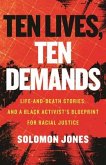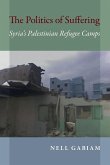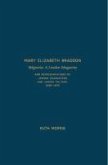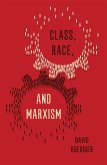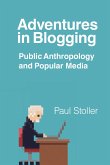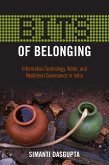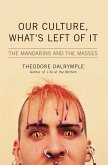Established in the 1980s, the Holy Land Foundation for Relief and Development (HLF) enabled American Muslims to fulfill their religiously mandated charitable donations, zakāt, by funding orphans, hospitals, and refugees. In the aftermath of 9/11, as discourse over "Islamic terrorism" flooded mainstream news media and reshaped legislation, the HLF was designated a terrorist organization and sued in civil court for conspiracy to provide material support for Hamas. After two trials--the first of which was deemed a mistrial--its founders were found guilty on all counts, with federal prison sentences ranging from 15 to 65 years. Combining critical ethnography, discourse analysis, and first-hand accounts from those involved in the trials, Holy Land Five offers the first scholarly account of the first case in American legal history where humanitarian aid was criminalized as an act of terrorism. Beginning with the origins of the HLF and its leaders and moving through the proceedings of both trials, David A. McDonald reveals the mutually constitutive relationship between discourse, affect, and politico-legal action. As legal events rooted in cultural politics and as cultural events with profound legal consequences, the HLF trials became a battleground for publicly litigating the overarching Israeli-Palestinian crisis as well as the US "war on terror." Additionally, those who wrote about the trials often failed to critically assess why they unfolded as they did, or failed to engage with the voices and experiences of the individuals involved. Through comprehensive research into what took place both inside and outside the courtroom, Holy Land Five offers a new understanding of these contentious trials and their long-lasting effects on the lives of their defendants as well as American anti-Islamic sentiment, Israeli-Palestinian relations, and United States legal precedent.
Bitte wählen Sie Ihr Anliegen aus.
Rechnungen
Retourenschein anfordern
Bestellstatus
Storno


